Why Cybersecurity Matters for Solo Entrepreneurs and Small Businesses—And What You Can Do About It
When you’re running a solo business or small operation, you wear a lot of hats—owner, operator, marketer, bookkeeper, and more. It’s easy to put cybersecurity on the back burner, assuming it's something only big companies need to worry about. But the truth is, small businesses are some of the most common targets for cyberattacks—and the consequences can be devastating.
Why You’re a Target (Even If You Don’t Think You Are)
Hackers often go after small businesses and solo operators because they’re easy targets. You likely don’t have a dedicated IT department, may not use strong passwords everywhere, and might be using free tools that aren't fully secured. These aren’t faults—they're realities. But they do create opportunities for bad actors.
According to recent reports, 43% of cyberattacks target small businesses, yet most don’t have even the basic protections in place. A single phishing email, exposed password, or misconfigured cloud tool can lead to data loss, reputational damage, or even financial fraud.
The Real Risks for Solo Entrepreneurs
You might think: "I don't have much to steal." But here’s what attackers can get:
Client data (names, emails, financial info)
Access to your email or social media for phishing attacks
Payment processors (like PayPal or Stripe)
Your website or store, which could be hijacked or spammed
Tax documents stored in cloud storage
And when something goes wrong, you are the IT team, the damage control, and the face of your business—all rolled into one.
What Cybersecurity Looks Like for Small Businesses
Good news: cybersecurity for solo entrepreneurs doesn’t have to be expensive, complicated, or time-consuming. It starts with some core habits and simple tools:
🛡️ 1. Use a Password Manager
No more reusing the same password everywhere. Tools like Bitwarden or 1Password can generate and store secure passwords easily.
🔒 2. Enable Two-Factor Authentication (2FA)
Turn this on for all your critical accounts—email, cloud storage, banking, and any tool you use to run your business.
📧 3. Secure Your Email Domain
If you’re using a custom domain (like you@yourbusiness.com), make sure it has SPF, DKIM, and DMARC records to prevent spoofing and improve deliverability.
💾 4. Back Up Your Data
Use cloud backup services or automated workflows to make sure you never lose important documents, contracts, or client data.
🧼 5. Keep Software Up to Date
Whether it's your laptop, WordPress site, or accounting software—updates often include critical security patches.
What You Can Do Today
Start with a simple self-audit:
Are your passwords strong and unique?
Do you know if your email has been in a data breach?
Is your website secured with HTTPS?
Do you store client info in tools like Google Drive or Notion without access restrictions?
If any of those made you pause, you’re not alone. That’s why Security Balanced exists—to give solo entrepreneurs practical, personalized cybersecurity guidance without the complexity.
Final Thought
Cybersecurity isn’t just a tech issue—it’s a business continuity issue. Taking small steps now can prevent big headaches later. Whether you’re a bookkeeper, a coach, a designer, or an online retailer, protecting your digital space is part of protecting your brand.
Want a free Cyber Healthcheck?
Submit your info here and we’ll send you a custom report with key risks and easy fixes for your business.

